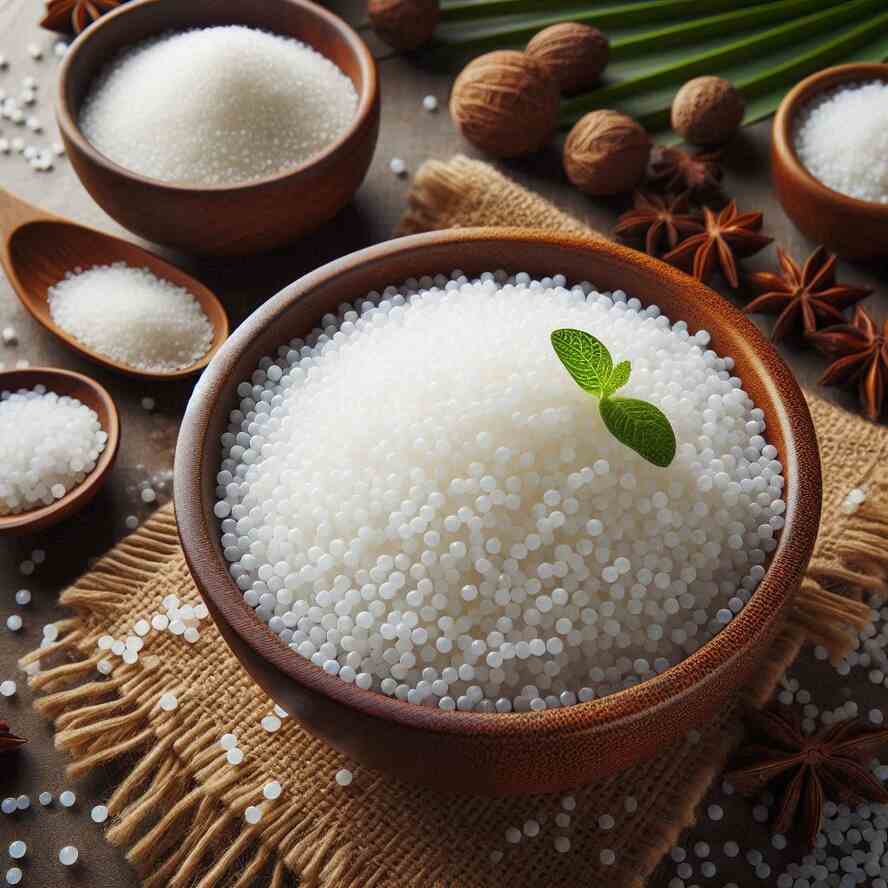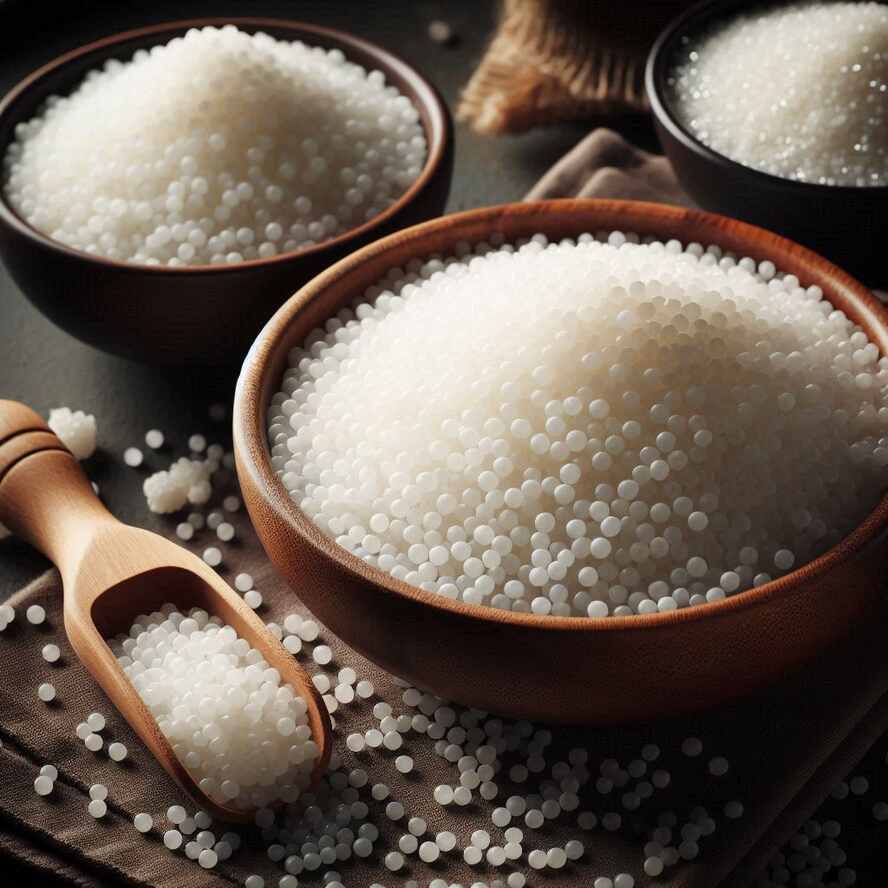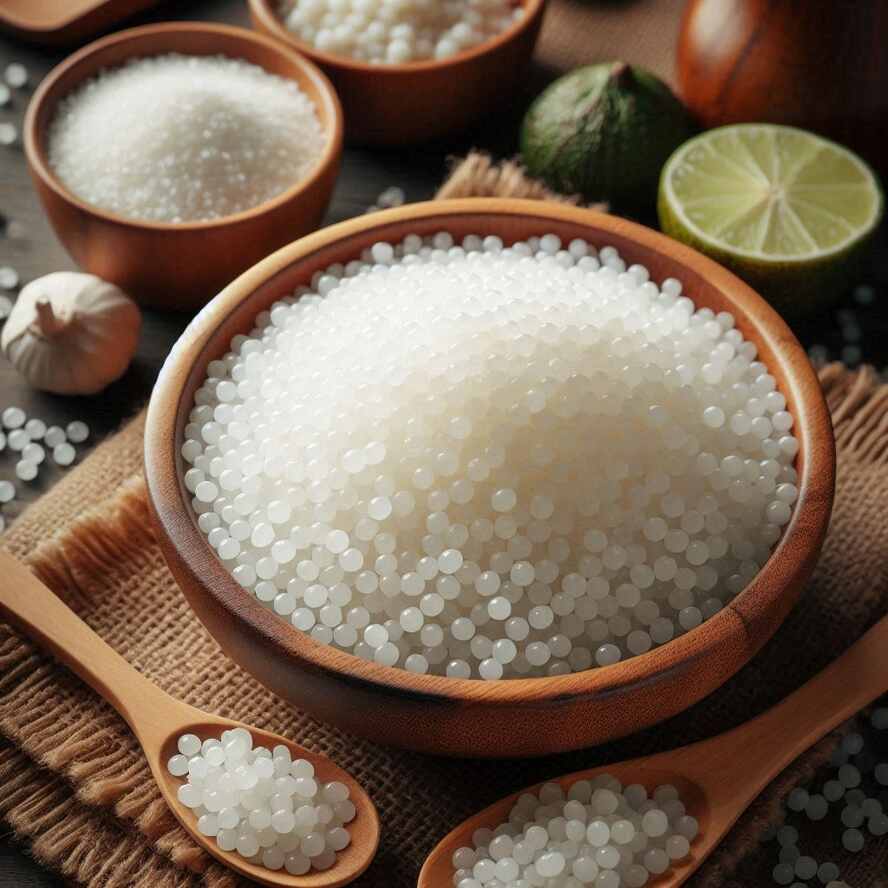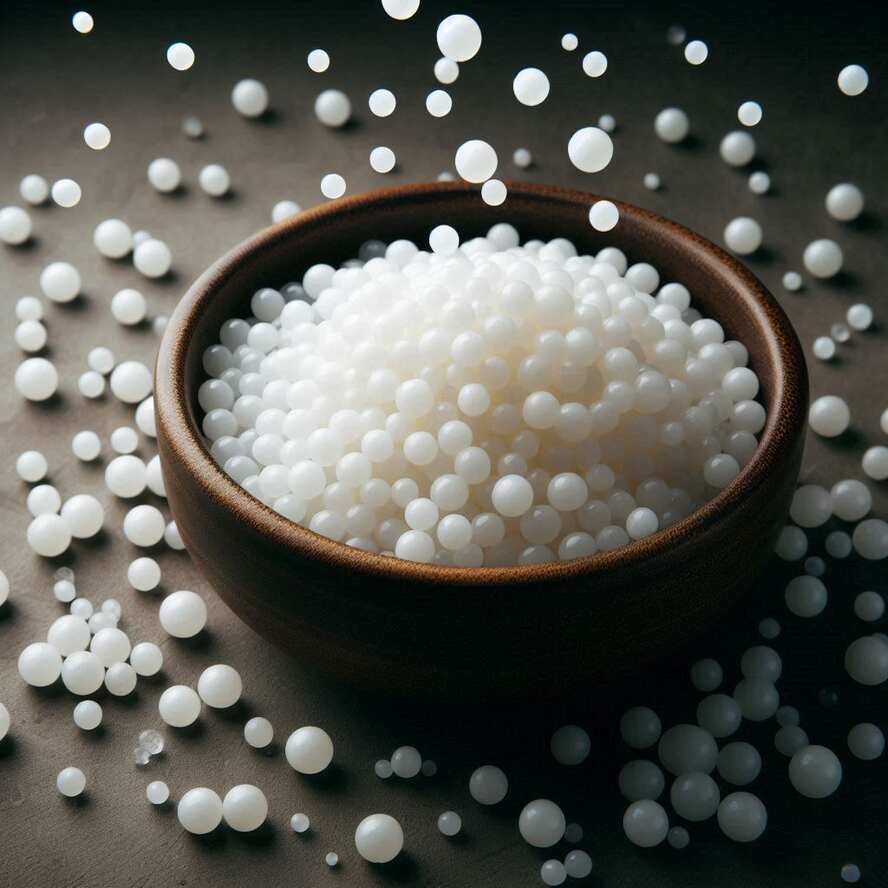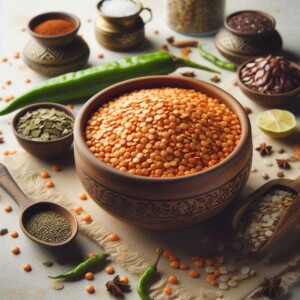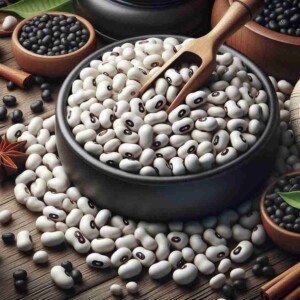Features of Sago:
1. Appearance: Sago consists of small, round, white or translucent pearls. When cooked, they turn soft and slightly chewy, making them a popular ingredient in puddings, snacks, and other dishes.
2. Preservation: Sago should be stored in an airtight container in a cool, dry place to maintain its quality. It has a long shelf life, making it a reliable ingredient for various culinary uses.
3. Nutritional Content: Sago is a good source of carbohydrates, providing quick energy. It is low in protein and fat, making it a light and easily digestible ingredient.
4. Cooking Benefits: Sago cooks quickly and is versatile, used in both sweet and savory dishes, such as kheer, puddings, or fried snacks. It easily absorbs flavors and adds a unique texture to dishes.
5. Health Benefits: Sago is easy to digest and provides instant energy, making it ideal for individuals recovering from illness or during fasting. Its gluten-free nature makes it suitable for people with gluten sensitivity.
| Packaging Available | ||||
|---|---|---|---|---|
| 500 gms | 1 kg | 5 kg | 10 kg | 25 kg |
Description
Sago is a starchy, translucent ingredient derived from the pith of sago palm stems. It has a mild flavor and a unique, chewy texture, making it a popular choice in both sweet and savory dishes. Rich in carbohydrates but low in fat and protein, sago provides a quick energy source. It is often used in puddings, soups, and as a thickening agent in various recipes. Sago pearls come in different sizes and are typically soaked and cooked before use. Its versatility and ability to absorb flavors make it a staple in many cuisines, including Asian and tropical dishes.

